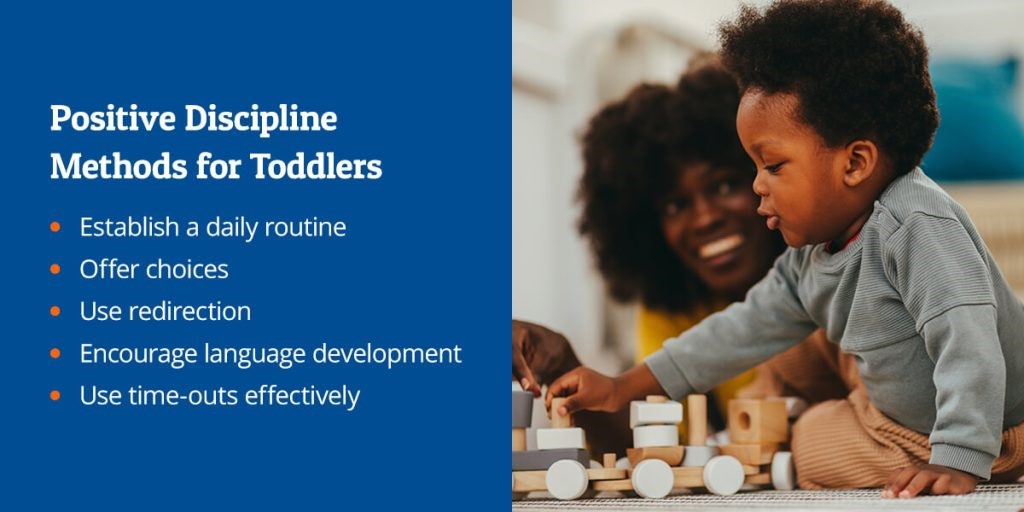Welcoming a newborn into your life is one of the most life-changing and exciting experiences. However, it can also be overwhelming, especially for first-time parents. Babies are delicate and need a lot of attention and care, which can feel like a big responsibility. This article will provide a comprehensive guide on how to take care of your newborn, including tips on feeding, sleeping, diapering, bonding, and maintaining your baby’s health.
- Feeding Your Newborn
Newborns have very small stomachs, which means they need to feed frequently. Whether you choose breastfeeding or formula feeding, understanding how to properly nourish your baby is crucial for their growth and development.
Breastfeeding
Breast milk is considered the best option for newborns as it provides essential nutrients and antibodies that help protect your baby against illnesses. Here are some tips for successful breastfeeding:
- Start Early: Try to start breastfeeding as soon as possible after birth, preferably within the first hour. Early skin-to-skin contact also helps in establishing a strong bond between you and your baby.
- Frequent Feedings: Newborns typically feed every 2-3 hours, both day and night. Expect your baby to nurse around 8-12 times in 24 hours.
- Proper Latch: Ensure your baby latches onto your breast properly to avoid nipple soreness and ensure they get enough milk. If you’re unsure, seek help from a lactation consultant.
- Stay Hydrated and Eat Well: Breastfeeding requires extra energy, so it’s important for you to stay hydrated and eat a balanced diet to maintain milk production.

Source: https://images.pexels.com/photos/27175608/pexels-photo-27175608/free-photo-of-mother-sitting-with-her-newborn-child-in-bed.jpeg
Formula Feeding
If you’re using formula, it’s important to choose one that’s appropriate for your baby’s age and needs. Here are a few tips for formula feeding:
- Follow Instructions: Always follow the preparation instructions on the formula package. Improper mixing can lead to over or under-concentration of the formula.
- Sterilize Bottles: Make sure to sterilize all bottles, nipples, and pacifiers before use to avoid the risk of infection.
- Frequency: Newborns typically drink around 2-3 ounces of formula every 3-4 hours. Keep track of how much your baby is eating to ensure they are getting enough.
- Feeding Position: Hold your baby in a semi-upright position during bottle feeding to prevent ear infections and reduce the risk of choking.
- Sleeping and Resting
Newborns sleep a lot, but they have irregular sleep patterns, often waking every few hours to feed. Understanding their sleep needs is essential for both the baby and the parents.
Safe Sleeping Environment
- Crib Safety: Always place your baby on their back to sleep, as this significantly reduces the risk of Sudden Infant Death Syndrome (SIDS). Ensure that the crib has a firm mattress and no soft bedding, pillows, or stuffed animals, which could pose a suffocation risk.
- Room Sharing: The American Academy of Pediatrics (AAP) recommends that babies sleep in the same room as their parents (but not in the same bed) for at least the first six months. This promotes safe sleep practices and allows for easier nighttime feedings.
- Swaddling: Many babies find comfort in being swaddled, as it mimics the snugness of the womb. Be sure not to swaddle too tightly, and always leave room for your baby to move their hips. Swaddle your baby without covering their head and make sure their arms are free to reduce the risk of overheating.

Source https://img.freepik.com/premium-photo/newborn-baby-with-mom-home_232631-215.jpg
Establishing a Sleep Routine
While newborns don’t have a predictable sleep schedule, gradually, they start to sleep for longer stretches. To help establish good sleep habits:
- Day-Night Differentiation: Start teaching your baby the difference between day and night by keeping nighttime feedings calm and quiet, and daytime feedings lively and bright.
- Soothing Techniques: When your baby cries, check if they are hungry, wet, or uncomfortable. If these needs are met, try gentle rocking, a pacifier, or white noise to soothe them back to sleep.
- Diapering and Hygiene
Newborns need frequent diaper changes. Keeping your baby clean and dry is essential to preventing diaper rash and ensuring their comfort.
Changing Diapers
- How Often to Change: Change your newborn’s diaper every 2-3 hours or as soon as you notice it is wet or soiled. Newborns often have more frequent bowel movements, so it’s essential to check often.
- Wipes or Cotton Pads: Use mild, fragrance-free baby wipes to clean your baby’s bottom. Alternatively, you can use cotton pads and warm water if you prefer to avoid wipes.
- Diaper Rash Prevention: To prevent diaper rash, use a thick layer of diaper cream containing zinc oxide after each diaper change. Give your baby some “diaper-free” time each day to let their skin breathe.
Bathing Your Baby
Newborns don’t need daily baths. Instead, you can give your baby sponge baths until their umbilical stump falls off (usually within the first few weeks). Here’s how to bathe your newborn:
- Bathing Essentials: Use lukewarm water and a soft washcloth to gently clean your baby. Avoid using harsh soaps or bubble baths.
- Bath Time Safety: Never leave your baby alone in the water, even for a moment. Make sure everything you need (towels, clothes, diaper) is within arm’s reach.
- Drying: Gently pat your baby dry with a soft towel. Pay special attention to the folds of their skin (neck, arms, and legs) to prevent moisture buildup.

Source: https://www.smababy.ie/sites/default/files/2019-12/newborn-newborn_sleep-big_banner.jpg
- Bonding and Development
Bonding with your newborn is vital for their emotional development. Spending quality time with your baby helps them feel safe, loved, and secure.
Skin-to-Skin Contact
Skin-to-skin contact, especially during the first few weeks, promotes bonding and has multiple health benefits, including regulating your baby’s body temperature and heart rate. It also helps with breastfeeding and calms your baby.
Talking and Cuddling
Babies are born with the ability to hear and feel, so they respond positively to touch, gentle words, and cuddling. Spend time talking to your baby in soothing tones, making eye contact, and smiling. This helps foster a connection and promotes early language development.
Tummy Time
Tummy time is essential for your baby’s physical development. Start tummy time as soon as your baby is born to help strengthen their neck, back, and shoulder muscles. Begin with short sessions of a few minutes and gradually increase the duration as your baby gets stronger.
Source: https://static.wixstatic.com/media/6ec95659abb141bdb6d25db668787bdb.jpg/v1/fill/w_1000,h_667,al_c,q_85,usm_0.66_1.00_0.01/6ec95659abb141bdb6d25db668787bdb.jpg
- Health and Medical Care
Newborns need regular check-ups to ensure their health and growth. Here are some essential aspects of newborn healthcare:
Routine Check-ups
Your newborn will have regular appointments with a pediatrician. These check-ups are essential for monitoring growth, development, and vaccinations. Make sure to follow your pediatrician’s advice and vaccination schedule.
Signs of Illness
Keep an eye out for any signs of illness, such as a fever (over 100.4°F or 38°C), trouble breathing, or lethargy. If you notice any concerning symptoms, contact your healthcare provider immediately.
Umbilical Cord Care
Your baby’s umbilical cord stump will fall off within the first few weeks. Keep it clean and dry to prevent infection. Do not pull on the stump; let it fall off naturally.
Final Words:
Taking care of a newborn is both a rewarding and challenging experience. By focusing on the essentials—feeding, sleeping, diapering, bonding, and healthcare—you’ll be able to ensure that your baby grows and develops in a healthy and loving environment. Although it may seem overwhelming at first, remember that you’re not alone. Reach out to healthcare professionals, family, and friends for support, and most importantly, enjoy the special moments you share with your new little one.





